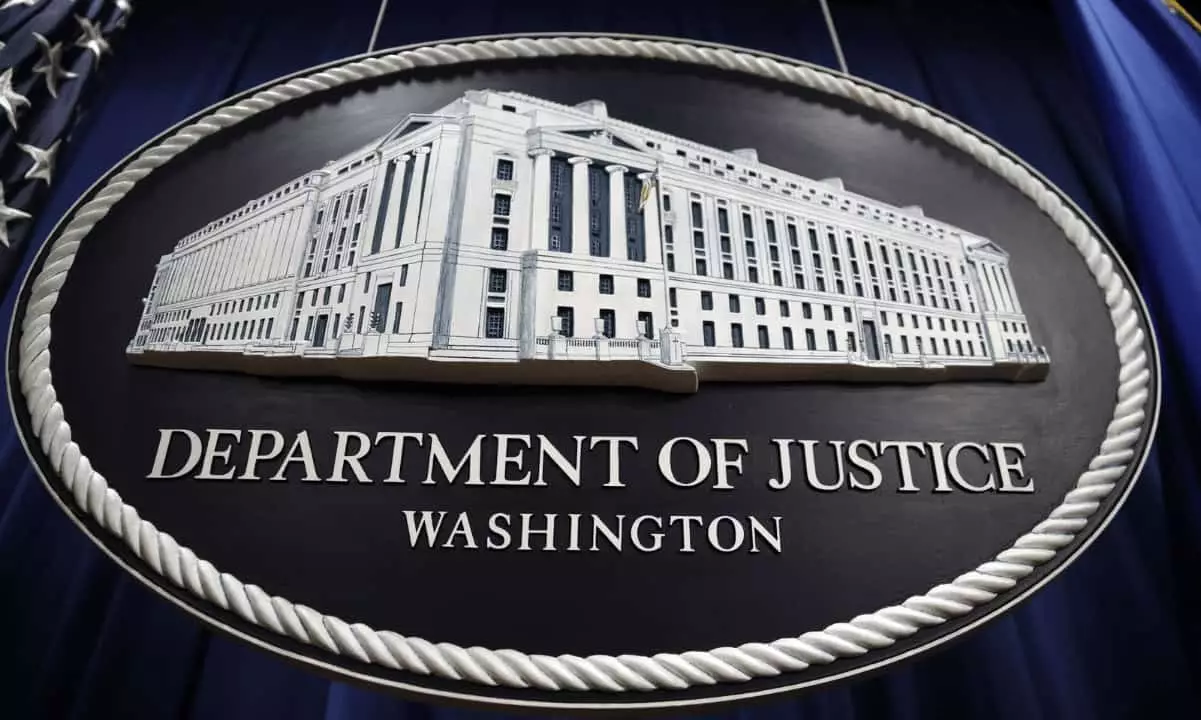The case of Maximiliano Pilipis has once again thrown the spotlight on the intersection of cryptocurrency and the law. As a former resident of Noblesville, Indiana, Pilipis has been indicted on serious charges, including five counts of money laundering and two counts of failing to file tax returns. This legal predicament arises from his operation of an unlicensed virtual currency exchange, AurumXchange, which purportedly served as a financial channel for over $30 million in transactions. The implications of this case extend beyond Pilipis himself, potentially shaking the foundation of how virtual currencies are regulated and used within the United States.
Founded in 2009 and operational until 2013, AurumXchange emerged amidst the burgeoning interest in cryptocurrencies. The platform allowed users to exchange Bitcoin for U.S. dollars and a variety of international currencies without adhering to proper licensing protocols or regulatory oversight. Court documents indicate that it facilitated over 100,000 transactions, amassing more than 10,000 BTC in fees, which were valued at approximately $1.2 million at the time.
However, the indictment highlights a critical flaw: the platform’s lack of compliance with federal regulations regarding money transmission. Law mandates that entities engaging in monetary transactions verify customer identities, keep meticulous records, and report transactions to ensure the integrity of the financial system and safeguard national security. Investigations have revealed that AurumXchange’s operations allowed for anonymous transactions, providing a loophole exploited by users linked to the notorious Silk Road. This darknet marketplace was known for facilitating illegal sales, including drugs, while maintaining user privacy through the use of cryptocurrencies.
Anonymity and Illicit Activities: The Silk Road Connection
The shadowy world of cryptocurrencies can create a breeding ground for illicit activities, and the connection to the Silk Road only underscores the challenges of regulation in this digital sphere. The Silk Road operated from 2011 until its closure in 2013, acting as a platform for various illegal goods exchanged using Bitcoin. Allegations have emerged that customers from this marketplace turned to AurumXchange to convert their digital funds into fiat currency, effectively circumventing law enforcement detection.
This connection not only implicates Pilipis but raises fundamental questions about the regulatory frameworks surrounding cryptocurrencies. The anonymity that these digital currencies provide can facilitate criminal activities, leading to increased scrutiny from law enforcement agencies, all of which are under pressure to adapt to rapidly evolving technologies.
Remarkably, the indictment suggests that even after AurumXchange ceased operations in 2013, Pilipis continued to engage in questionable financial practices. Reports indicate that he began splitting and transferring Bitcoin proceeds to obscure the origins of the funds. By 2018, he took steps to convert portions of this digital currency into cash, utilizing it to invest in real estate properties around Indiana—including locations in Arcadia and Noblesville.
Despite generating substantial income over the next couple of years, proclaiming figures in the hundreds of thousands, Pilipis failed to file federal income tax returns. This lapse in compliance poses significant legal challenges, as tax evasion often compounds existing charges of financial misconduct.
U.S. Attorney Zachary A. Myers has stressed that combatting the criminal misuse of cryptocurrencies is a pivotal issue for the Justice Department. As the cryptocurrency domain continues to expand, the legal frameworks governing it must also evolve. The Pilipis case may very well represent a test case, illustrating the necessity for clearer regulations and enhanced oversight in the cryptocurrency sector to curb illicit financial activities.
Should Pilipis be found guilty on all charges, he faces up to 10 years in a federal prison and potential fines reaching $250,000. The severity of the possible penalties reflects the seriousness with which authorities are addressing the misuse of digital currencies—not only for the defendants involved but also as a deterrent for others who may think twice before entering this unregulated financial domain.
The indictment of Maximiliano Pilipis reveals critical intersections between innovative financial technologies like cryptocurrencies and the frameworks designed to maintain public order. The case serves as a stark reminder of the potential consequences of operating outside legal boundaries in this rapidly advancing digital marketplace.

